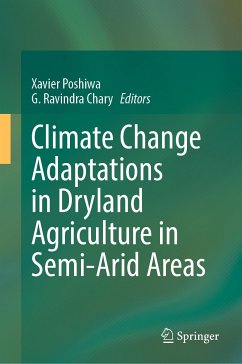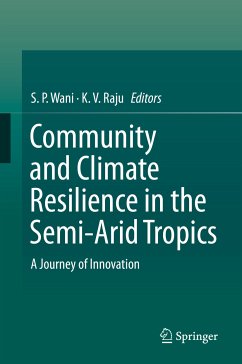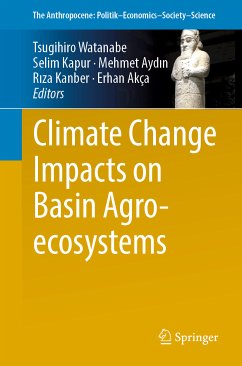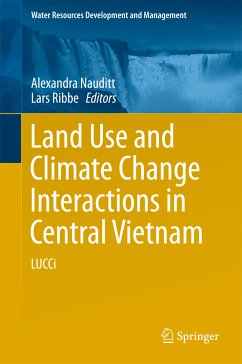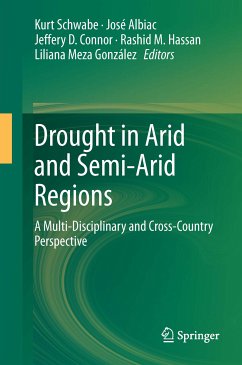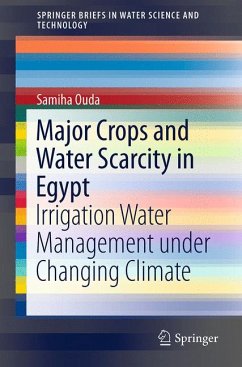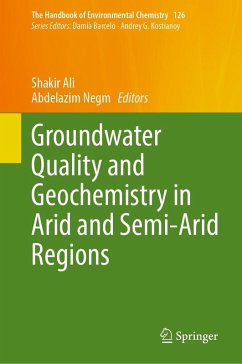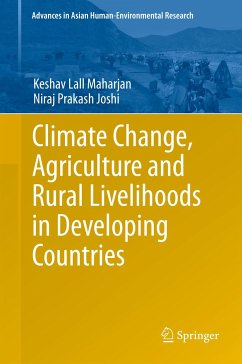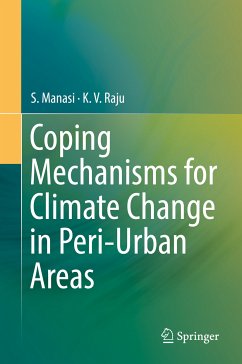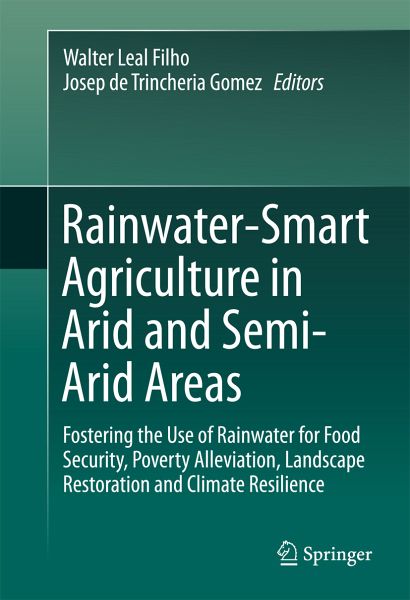
Rainwater-Smart Agriculture in Arid and Semi-Arid Areas (eBook, PDF)
Fostering the Use of Rainwater for Food Security, Poverty Alleviation, Landscape Restoration and Climate Resilience
Redaktion: Leal Filho, Walter; de Trincheria Gomez, Josep
Versandkostenfrei!
Sofort per Download lieferbar
112,95 €
inkl. MwSt.
Weitere Ausgaben:

PAYBACK Punkte
56 °P sammeln!
Replicates and transfers results to other countries and regions, and encourages cross-sector interactions among various stakeholders
Presents working principles and technical recommendations with regard to cost-efficient rainwater-smart solutions
Includes real-world case studies
Dieser Download kann aus rechtlichen Gründen nur mit Rechnungsadresse in A, B, BG, CY, CZ, D, DK, EW, E, FIN, F, GR, HR, H, IRL, I, LT, L, LR, M, NL, PL, P, R, S, SLO, SK ausgeliefert werden.



